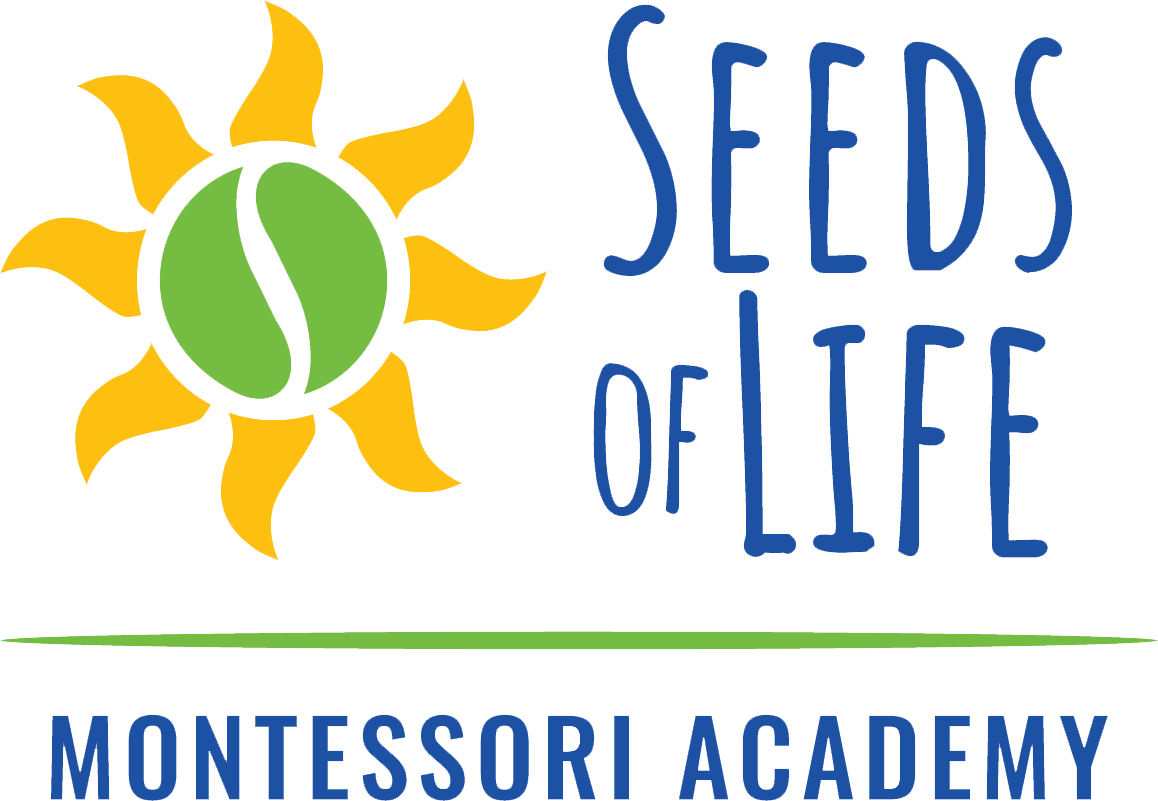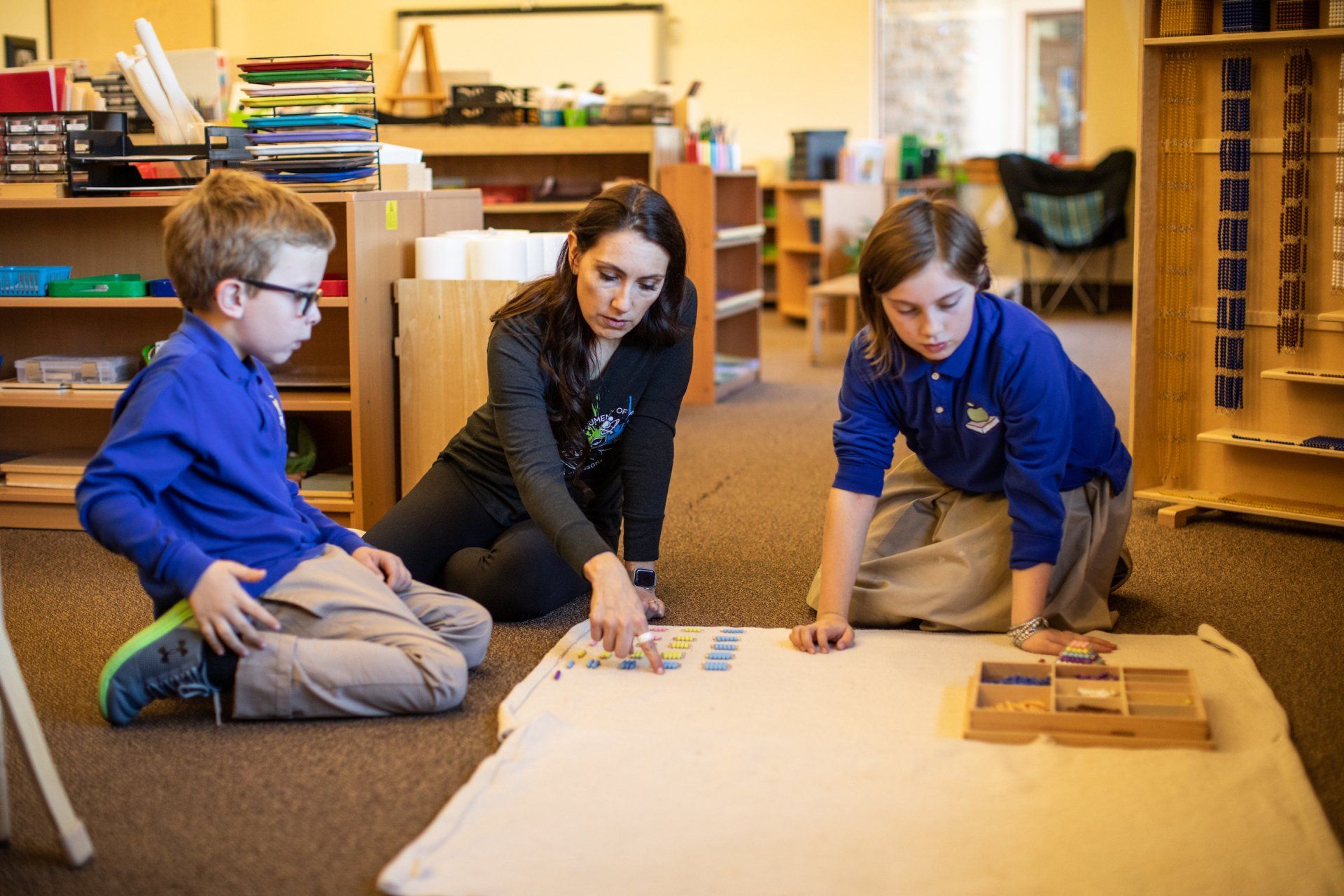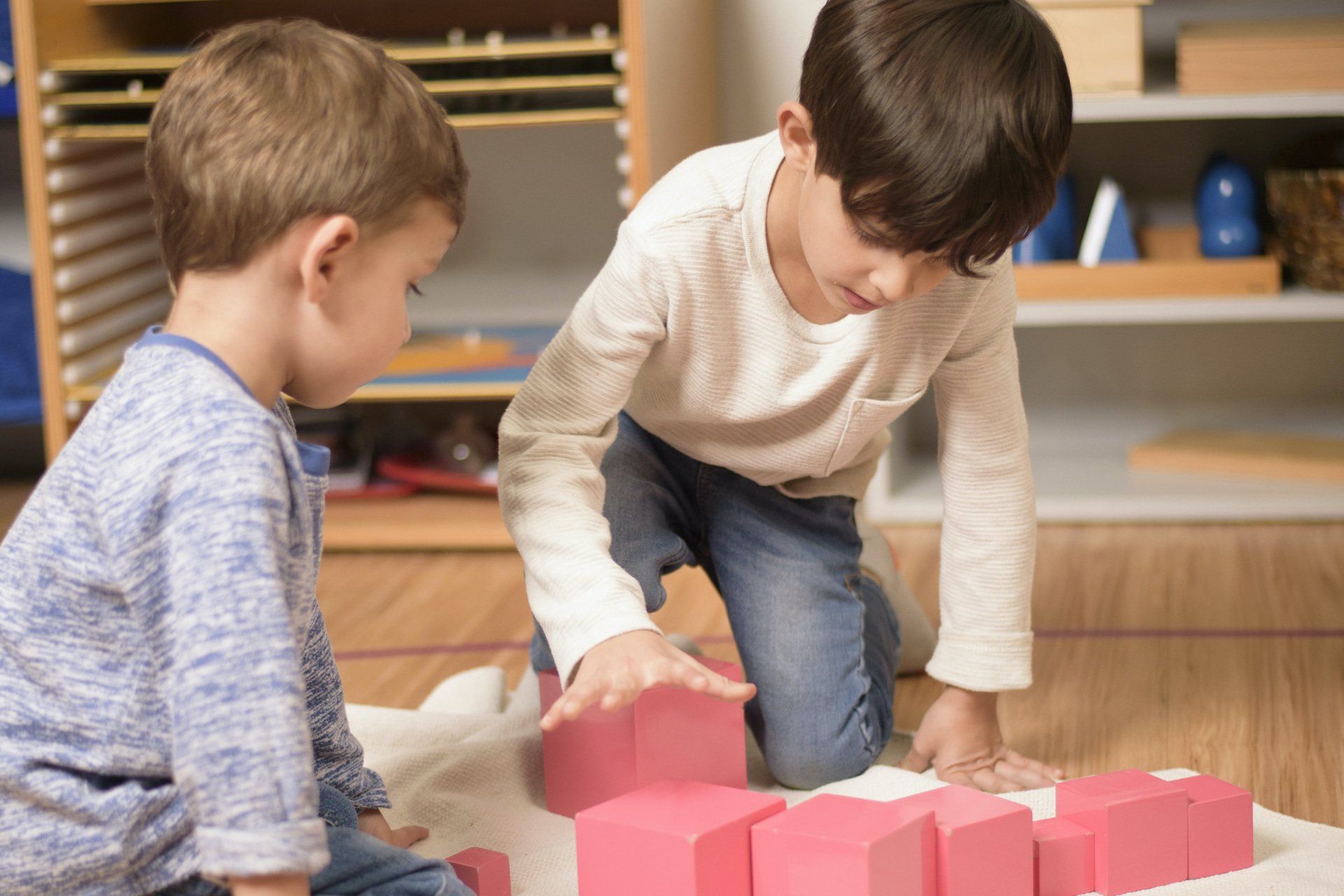Blog
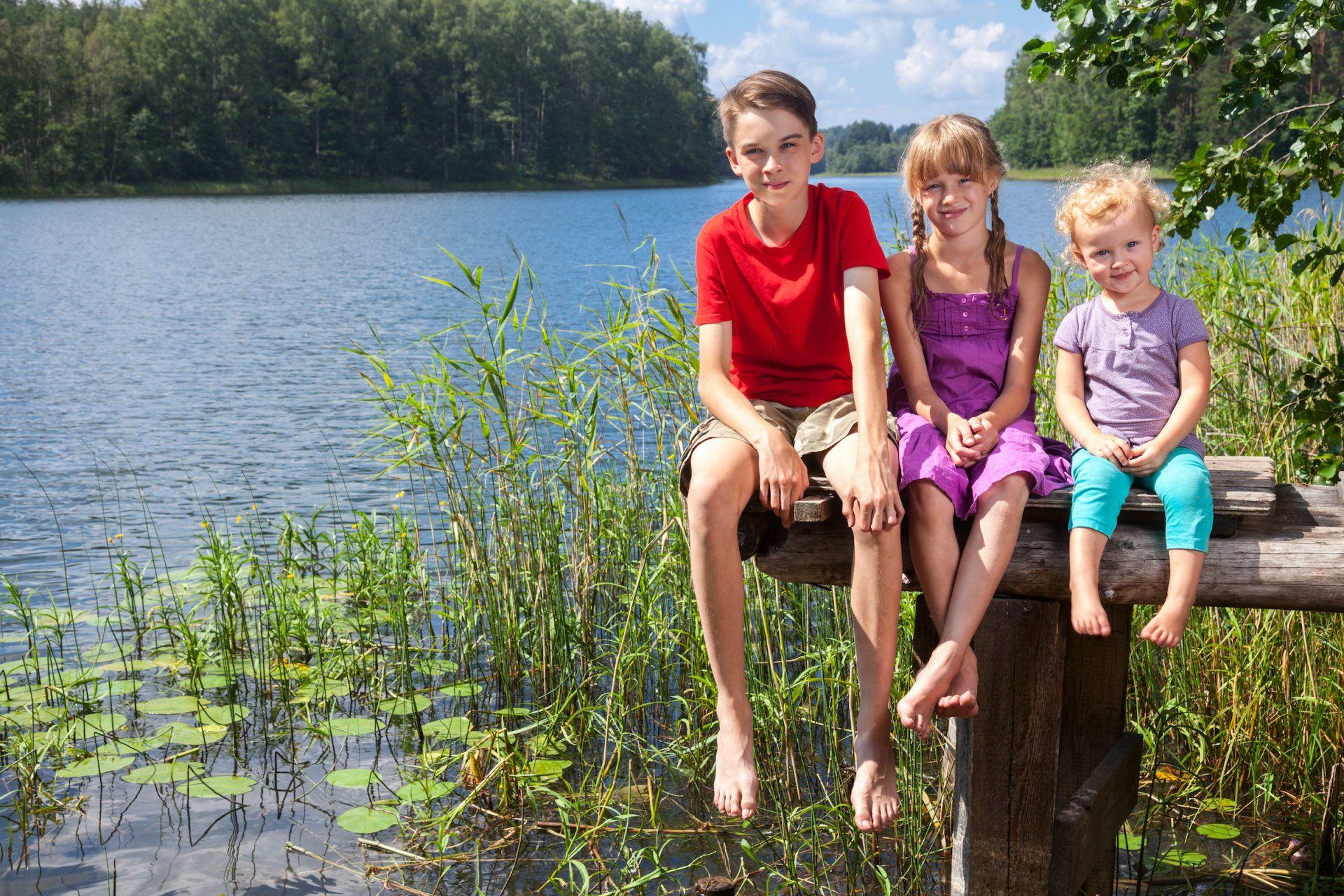
02 Jan, 2023
Learning about the planes of development isn’t just for Montessori educators. Understanding your child’s development can help at home, too. The First Plane: birth-6 years During this stage children absorb everything like sponges. They are, indeed, excellent examples if what Montessori called ‘The Absorbent Mind.’ This is a time in which we are able to utilize what Montessori called sensitive periods of learning. While each child is different, there are typical patterns that emerge in regards to brain development and general readiness to learn particular skills. During the first three years of this plane, all learning is done outside of the child’s conscious mind. They learn by exploring their senses and interacting with their environment. During the second half of the plane, from about 3-6 years, children enter the conscious stage of learning. They learn by using their hands, and specialized materials in the Montessori classroom were developed with this consideration. During this time, children have a wonderful sense of order. They are methodical and can appreciate the many steps involved in practical life lessons in their classrooms. The organization of the works on their classroom shelves is intentional, which appeals again to this sense of order. The first plane is a time in which children proclaim, “I can do it myself”; it is a time of physical independence. The Second Plane: 6-12 years During the elementary years children begin to look outside themselves. They suddenly develop a strong desire to form peer groups. Previously, during the first plane, a child would be content to focus on their own work while sitting near others. In the second plane, a child is compelled to actually work with their friends. It is during this time that children are ready to learn about collaboration. During the second plane there is a sudden and marked period of physical growth. This may be a contributing factor to the observation that many children of this age seem to lack an awareness of their body, often bumping into things and knocking things over. Children begin to lose their teeth around this time as well. Their sense of order and neatness tend to fade a bit during this plane. Throughout the second plane, children’s imaginations are ignited. Since Montessori education is based in reality, we find ways to deliver real information to children through storytelling and other similar methods. For example, when teaching children about the beginnings of our universe, Montessori schools use what is called a Great Lesson. The first Great Lesson is a dramatic story, told to children with the use of props, experiments, and dramatics (think: a black balloon filled with glitter is popped to illustrate the Big Bang, with bits of paper in a dish of water used while talking about particles gathering together). This lesson is fascinating for children in the way it is presented, but gives them basic information about the solar system, states of matter, and other important concepts. Children in the second plane have a voracious appetite for information, and are often drawn strongly to what we in Montessori call the cultural subjects: science, history, and geography. While we support their rapid language and mathematical growth during this time, we are also responsible for providing them with a variety of rich cultural lessons and experiences. It is important to note that children develop a sense of moral justice at this time. They are very concerned with what is fair, and creating the rules to a new game is often as important (if not more so) than playing the actual game itself. This is the period of time in which children are striving for intellectual independence. The Third Plane: 12-18 The third plane of development encompasses the adolescent years. During the second plane, children become aware of social connections, but in the third plane they are critical. During this time children rely heavily on their relationships with their peers. They feel a strong desire to remain independent from adults, although they are not quite ready to do this entirely. It is our job to find ways that allow them to experiment with independence while also providing a safe structure in which they may do so. Children in the third plane tend to require more sleep, and they sleep later than when they were younger. They long for authentic learning experiences, and Dr. Montessori imagined just that. Her ideas of Erdkinder (children of the earth) led her to contemplate a school setting that would support children’s development during this time. She imagined a farm school, in which children would work to keep the farm operational, but also contribute to planning and decision making while doing so. During the third plane children are refining their moral compass while developing a stronger sense of responsibility. The Fourth Plane: 18-24 The final plane is a time in which young adults are striving for financial independence. They are often living away from home for the first time, and use this time to figure out where they fit into their society. Many make choices to further their education and/or explore career paths. It is during the fourth plane that people begin to develop a truer sense of who they are as individuals. Each plane of development should be mindfully nurtured. If a child is able to experience one developmental phase in a rich and carefully prepared environment, they are ready to fully take on the next phase when it is time.
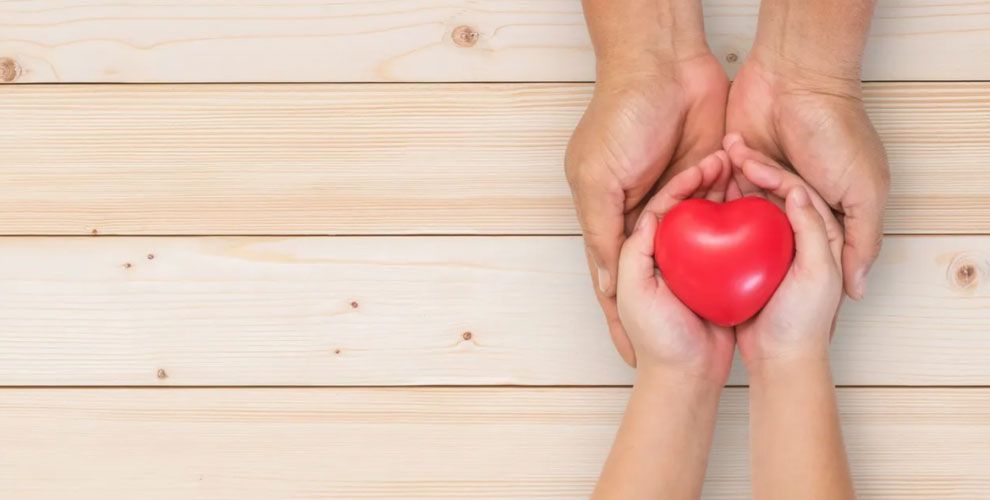
25 Mar, 2020
I know this is not a normal time and everyone around the world is trying to adapt and find the best way to cope through our current situation. Now that we find ourselves working from home and trying to keep our kiddos in a normal routine. But what does NORMAL mean right now?…. Our kids know that this is not normal… they know that there is a lot going on and things are constantly changing. They can feel and experience our worries, fears and the craziness of being #stayhome…. OK, so what can we do? You may still need to work, and finish all the regular things to keep the house running…..except now, those regular household needs and chores are anything but regular.…. Despite these challenges, keeping the routine is really important, especially for our kiddos! If they see us in our “new” normal routines, accomplishing typical tasks in a calm and relaxed way and establishing a plan for the day, they are going to feel safer and not pick up on and experience as much of our fear, worries, and stress. The calmness of the caregivers will be the buffer to help our kiddos when chaos is all around. Our energy and tension will be passed on to our kiddos……whether we want it too or not. OK, now let’s start!!! First, let’s set up a routine for our kids: Create a schedule for the day Schedule in their wake up time (depends of the age) Breakfast, lunch, snacks…. Arts and crafts Playtime alone Playtime with parents If they have online classes, put this on the schedule as well Naptime (little ones) Exercise (IMPORTANT) Video games Walk You can add different things that are appropriate for your home and capabilities Remember: DO NOT FORGET to schedule Unstructured free playtime!!! Don’t get crazy about academics, check what the school has planned for your child and add it to the schedule. If you have younger kids and you want them to be more independent about food, prepare a basket with the food that they can eat during the day, like a banana, an apple, bars, small snacks, etc). Because I have older kids (boys), I set up a rule about food…. WHY? Because being all day home they can “graze” all day and literally eat you out of house and home! This also gives you the ability to have a little more control of making sure the right food is being eaten at the right time to reduce waste and balance their diet a little more. My rule is: Breakfast Snack Lunch Snack Dinner For snacks, I use the breakfast bar and set up bowls or baskets with snack bars, fruits and other snacks that they can eat during the day. But that’s all…..when it’s gone, it’s gone! So they learn some self-control and the principle of saving for later and rationing (its not a bad word, but an important principle) throughout the day. It sounds crazy, but this makes my life so much easier and keeps my kids in a normal routine. OF COURSE…. Your schedules have to be flexible….. Flexibility is important! Expectations are important for our kiddos, when they know what you want and what is expected in specific situations, it will make them feel safer and happier. These expectations have to be SIMPLE….. don’t make rules and expectations too complicated! And remember…… it needs to be based on your child’s age! If you want your kiddo to clean up their toys….. Set up the rules about playing and cleaning up before they start…. Teach them how to do it together….. and FOLLOW through!!! These expectations and routines are really important for your older kids around video games as well! Be open to revising the list of rules as needed. What else we can do during this time? PLAY!….Yes, let’s play more, especially with our kiddos….. Play is the best neuro-exercise in the world. The type of play that exercises the nervous system is when we engage with them in their play and follow their lead….. let them choose the topic, they will show you how they need to play and what they need to play with….. Let them express what they need through their play….. Play is the best therapy for our kiddos during this time… Young children communicate through play. They are free to express their emotional experiences and feelings. Through play children learn and develop: Cognitive skills – like math and problem-solving in a pretend grocery store physical abilities – like balancing blocks and running on the playground new vocabulary – like the words they need to play with toy dinosaurs social skills – like playing together in a pretend car wash literacy skills – like creating a menu for a pretend restaurant Good luck and try to see this as an opportunity (as much as possible J) to develop a different kind of close and intimate relationship with your children!!! For example, I’m loving the way my oldest son and I have come together in an amazing new way during this experience! Maria Eva Chaffin

14 Mar, 2020
I know a lot of you are worried or even panicking. The uncertainty, what’s going to happen, what information can we trust, what can or should we do, etc… The situation sounds crazy, but here we all are, and the anxiety and stress from the unknows coupled with all the new decisions we find ourselves forced to make is causing our nervous system to activate the flight or fight mode. This state of fear causes each of us to interpret the threat differently based upon our own analysis, experience, and priorities. These different interpretations, in turn, lead to each person reacting with the desire to flee, flight or even freeze. Toxic stress like what many of us are facing now is an experience that overwhelms us and leaves us feeling that we are in danger. Sometimes we may pretend that everything is ok, that we are coping well, or that we know how to handle the situation…… but in reality, our body language is showing real signs of the stress, and whether we like it or not, our kiddos have the ability to perceive these clues and body language. Many of us in the US and indeed around the world, including me, will find their children out of school in the coming days and weeks, and at home with us or other caregivers. With our kiddos at home and vacation clearly not being the reason, we need to be acutely aware that our worries and stressors are everywhere around us….the media, friends, coworkers, neighbors, the grocery store……everywhere! So what can we do? Can we show our real emotions to our kids? How are we going to cope with the added stress of having them at home all day, every day? There are millions of questions, and we don’t have all the answers... The only real answers that we have at this point is that they are going to be with us, and we are the only ones with the tools and the love to give them the support that they need during this tough and stressful time. If we are going to be a successful support system for our kids, it’s our job to take care of ourselves, assuring that we are doing everything we can to work with our nervous system and effectively deal with our fight or flight instincts. We know stress is part of the human experience and it serves a valuable purpose, but we must be aware of and consciously work to prevent that stress from transitioning from a positive and useful tool, to a toxic, damaging and overbearing force that leads us to behave in ways that only make the situation worse for ourselves and our kids. Showing positive stress to our kiddos and letting them know that it can be managed is a healthy way to expose them. Stress can be managed through love, relationships, connections, and supporting those around you. So…..what can we do? With events, activities and many, if not most, of the usual sources of entertainment now being curtailed in some fashion, we may as well accept that our routines are going to change. Let’s get creative, think differently, see this as an opportunity to do some things that maybe we don’t normally have the time or initiative to get done. We can use this time in a way that benefits everyone……let’s PLAY and READ more with our kiddos …..listen to more music and DANCE. Let’s do more ART and COOKING with them. Let them spill some milk, make a mess, and then……let them clean it up. These are all important skills and play a valuable role in learning……not to mention, further building your relationship with them. Okay, I know you’re going to ask……..what about VIDEO GAMES, tablets or phones? Yes, let them play videogames, but maybe do it with them and use it as an opportunity to engage on their level with something they have a passion or excitement for. This is the perfect time for you to learn more about their games and even learn how to play. Nothing will excite them more than having the opportunity to teach YOU how to do something. BUT, always remember to set and establish appropriate expectations before playing. How long, what games, breaks, bedtime, etc…are all things that need to be laid out and acknowledged. Knowing more about what they like to play and how to play it, (particularly with older kids) is going to impact your relationship with them and will give you more power over these expectations. By the way, I love to play Nintendo with my kids, and I try to play their Xbox games with them too, but I’m just not very good at it! ACADEMICS: So, this is going to depend a lot on their age. There are millions of resources online based on grade and age. The “Teachers Pay Teachers” website has some amazing resources that you can print and do at home. But if you ask me, especially for younger kids, you can do math all day long at home. You can count silverware, tools in the garage, do division and multiply just about anything. You can turn everyday life into a giant math experiment. LANGUAGE: You can incorporate this into your everyday life as well. Have them help with labeling your house in a second or third language, look at picture books and have them write sentences to describe what they see, or have an older child write an essay about an interesting topic that sparks their interest. SCIENCE: There are some great websites where you can print out some experiments and conduct them at home with your kids. If they are older, let them research the topics and find the experiments. Let’s help our kiddos and ourselves…..we can do this together. Our kids need us more than ever during this crazy time. Talk openly with them but make sure the conversation is age-appropriate. Acknowledge their fear and stress but make sure to share and express to them that they don’t have to carry our stress, worries, and anxiety. This is a FANTASTIC opportunity for us to teach them how to self-regulate and manage their emotions. Model to them that its okay to feel fear……but they are not alone, that we have their back, and we WILL take care of them. Below is a list of resources that may help. Feel free to send me an email if you need help or have any questions. PLEASE REMEMBER……the more important thing right now is our LOVE and CONNECTION with our kiddos!!! They are the future, but right now…they need US!!! Resources Scholastics has great support for this time: https://classroommagazines.scholastic.com/support/learnathome/grades-6-12.html Nature Detectives https://naturedetectives.woodlandtrust.org.uk/naturedetect…/ Mystery Science https://www.mysteryscience.com Cbeebies https://www.bbc.co.uk/cbeebies Mommy Poppins https://mommypoppins.com/kids/50-easy-science-experiments-for-kids-fun-educational-activities-using-household-stuff
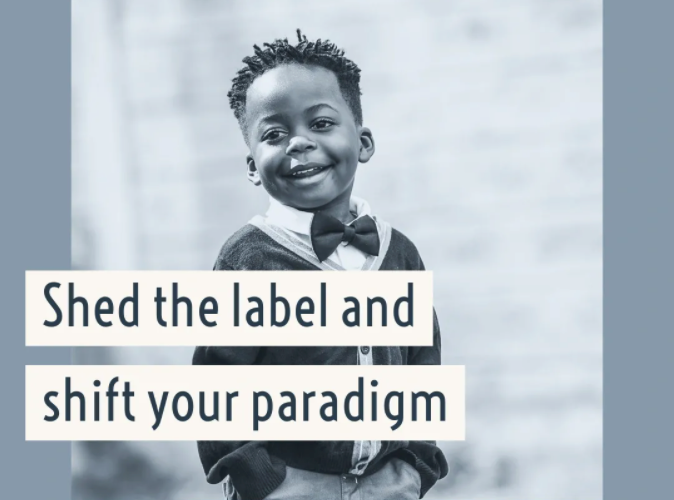
06 Mar, 2020
Did you think about the strengths that your kids with ADHD or Autism have? When we label someone the first thing we see is their weaknesses…. but we forget about what they are really good at…..what special strengths come with that label?….. By shifting the paradigm we can make a real difference in our kiddos…. we can help enable them and set them on a path to much bigger things……or we can set them up for continued struggles and limited expectations. You can make the DIFFERENCE in these kid’s life, and teach them to shed the disability label and create a new one based on their strengths! Be that teacher…. willing to do everything….. trying every day to understand that every child has individuality, operates at their own pace and has amazing capabilities yet to be discovered!!!
Programs
Connect
Community Resources


© 2024
Seeds of Life Montessori Academy
© 2024
Seeds of Life Montessori Academy
